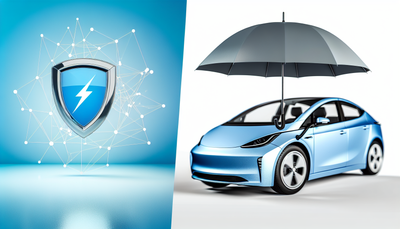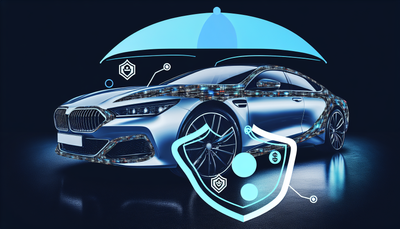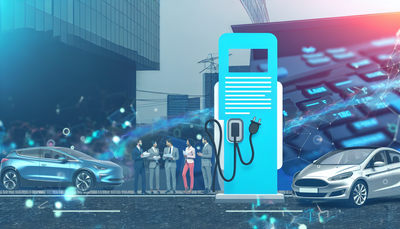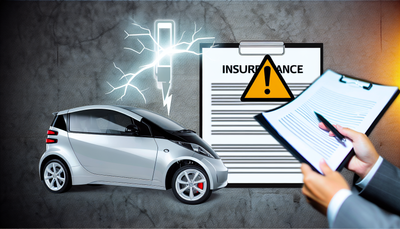Are Electric Cars More Expensive to Insure? Here's the Truth

Are Electric Cars More Expensive to Insure? Here's the Truth
As electric vehicles (EVs) become more common on roads around the world, many potential buyers find themselves asking a crucial question: Are electric cars more expensive to insure? While EVs offer benefits like lower fuel and maintenance costs, their insurance pricing can sometimes come as a surprise. Let's explore the factors that affect EV insurance cost and shed light on whether you're likely to pay more for an electric car policy.
Why Insurance Costs Matter with EVs
When considering the total cost of ownership for an electric vehicle, insurance is a key component. While you may save money on fuel and routine maintenance, those savings can be offset if electric car insurance comes with a premium price tag.
Factors That Influence EV Insurance Pricing
1. Vehicle Value and Repair Costs
Electric cars typically have a higher sticker price than comparable gas-powered models, primarily due to their advanced battery systems and cutting-edge technology. If your EV is damaged in an accident, repairs—especially those involving the battery—can be significantly more expensive. This higher repair bill translates to increased risk for insurers and, consequently, higher premiums.
2. Availability of Replacement Parts
While EVs are gaining traction, parts for some models can still be harder to find. Limited availability means longer repair times and potentially higher labor costs. These logistical challenges impact overall EV insurance cost.
3. Advanced Technology Safety Features
On the positive side, most electric cars come loaded with safety features like automatic emergency braking, lane keep assist, and collision avoidance systems. These technologies can reduce the likelihood of accidents—something insurance companies love. In some cases, they may actually lower your premium.
4. Driver Behavior and Usage
EV owners often drive fewer miles and tend to be more cautious drivers, according to some studies. If you fall into this category, you may benefit from usage-based or low-mileage discounts that help offset any increased base insurance rate.
5. Model-Specific Premiums
Not all EVs are treated the same by insurers. For example, a Tesla Model S may carry a higher insurance premium than a Nissan Leaf due to differences in cost, performance, and repair complexity. Shopping around and comparing quotes for your specific model is essential.
How to Save on Electric Car Insurance
If you're concerned about high premiums, there are strategies to help reduce your electric car insurance costs:
- Compare quotes: Use comparison websites to find the best deals from multiple insurers.
- Bundle policies: Combine your auto insurance with home or renter’s insurance for multi-policy discounts.
- Increase your deductible: A higher deductible usually means lower monthly premiums.
- Take advantage of EV-specific discounts: Some insurers offer special discounts for eco-friendly vehicles.
The Bottom Line
So, are electric cars more expensive to insure? In many cases, yes—but not always. It depends heavily on the make and model of the vehicle, your driving history, and how insurers assess risk. While the initial insurance pricing may be higher, the total cost of ownership could still be lower due to savings elsewhere. Do your homework, get multiple quotes, and consider all angles before making a decision.
Electric vehicles represent the future of driving—and with a little research, you can ensure they're financially sustainable too.







